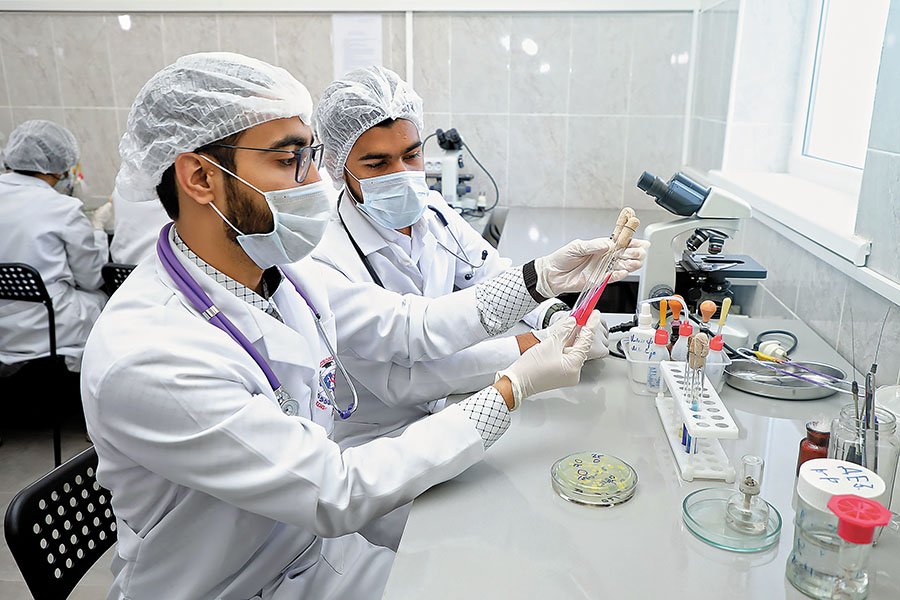IIIM's pancreatic cancer drug ready to enter clinical trials
June 12, 2020 | Friday | News
Received Investigational New Drug (IND) approval from New Drugs Division of Central Drugs Standard Control Organization (CDSCO)
Image credit- shutterstock.com
CSIR constituent lab CSIR-Indian Institute of Integrative Medicine (IIIM) Jammu, has received Investigational New Drug (IND) approval from New Drugs Division of Central Drugs Standard Control Organization (CDSCO) for a potent anti-cancer, New Chemical Entity (NCE) effective against pancreatic cancer after successful completion of preclinical development and IND submission.
This will pave way for CSIR- IIIM for conducting the clinical trial of this important drug candidate IIIM-290 in pancreatic cancer patients. The proposed clinical trial is aimed to assess the safety, tolerability and exposure of the compound in humans along with the early efficacy indicators in pancreatic cancer patients. This drug was discovered and developed at the natural-products driven drug discovery program of CSIR-IIIM.
Dr. Shekhar Mande, DG, CSIR complemented team of scientists Sandip Bharate, Sonali Bharate, Dilip Mondhe, Shashi Bhushan and Sumit Gandhi who were led by Dr. Ram Vishwakarma, Director of CSIR-IIIM, on this significant milestone. They conducted close to a decade of high-end research as a prelude to granting of regulatory approval for clinical trials against pancreatic cancer.
Dr Ram Vishwakarma, highlighting the R&D carried out, informed that the anti-cancer screening against NCI-60 cancer cell lines panel and clinically validated protein kinase enzymes involved in cancer provided in 2011, provided an initial potent hit (rohitukine, a pure molecule natural product from the leaves of a tree from the Western Ghats Dysoxylum binectariferum,commonly known as Indian white cedar). Further medicinal chemistry designed to address efficacy/selectivity against a class of cell-cycle regulatory kinases (i.e. cyclin-dependent kinases) identified this preclinical candidate IIIM-290 showing excellent pharmacokinetics, oral bioavailability and potent anticancer activity in a number of animal xenograft models, with the best activity against the pancreatic cancer model.
In the last three years, researchers completed all the pre-clinical safety, regulatory and other IND enabling studies, obtained global patents and published in, the Journal of Medicinal Chemistry in 2018.









